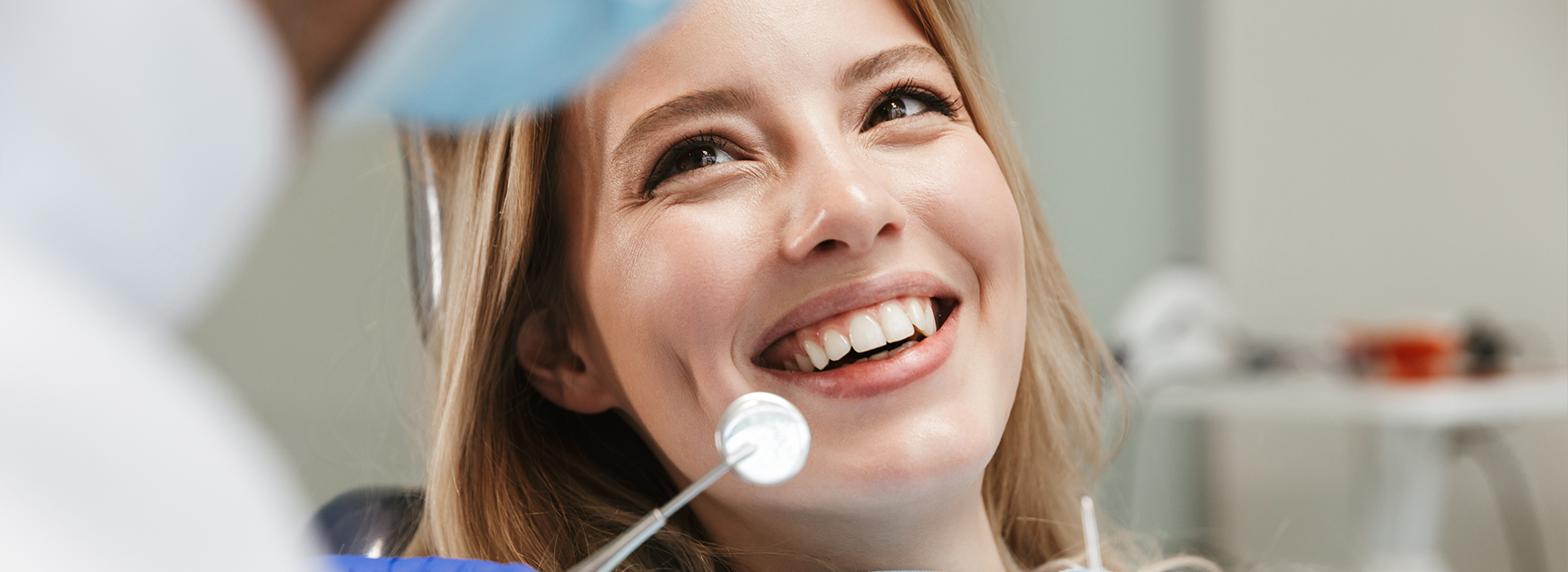
Keeping a bright, healthy smile starts at home with consistent brushing and flossing, but even the most careful routines miss tight spaces and mineralized deposits. Professional dental cleanings remove buildup that toothbrushes and floss can’t always reach, and they give your mouth a thorough evaluation for early signs of trouble. At Murphy Dentistry in Loxley, our goal is to pair excellent home care with preventive cleanings so patients enjoy stronger oral health and fewer surprises down the road.
Everyday oral hygiene removes a great deal of plaque, but plaque that remains can harden into tartar, a rough surface that harbors more bacteria and resists routine brushing. Over time, these bacteria produce acids and inflammatory byproducts that weaken enamel and irritate the gums. Professional cleanings physically remove tartar and disrupt the bacterial communities that contribute to decay and inflammation, reducing the risk of more complex problems.
Regular cleanings also allow your clinician to detect early signs of tooth wear, gum recession, or cavities before they require extensive treatment. Catching changes while they’re small often means simpler, more conservative care. In addition, consistent preventive visits help build a detailed record of oral health, which supports better decision-making for restorative or cosmetic treatments if they become necessary.
Beyond local effects in the mouth, maintaining a low level of oral inflammation contributes to general well-being. While the mouth is a unique environment, research has linked uncontrolled periodontal inflammation with systemic responses. Keeping gum health in check through routine professional care is one practical step toward supporting overall health.
A dental cleaning typically begins with a focused evaluation of your teeth and gums so the hygienist can note any sensitive areas or signs of disease. Next comes scaling, the process of removing plaque and tartar from tooth surfaces and just below the gumline. Clinicians commonly use a combination of hand instruments and ultrasonic scalers — each tool serves a purpose: hand instruments are precise for edge work, while ultrasonic devices are efficient at breaking up heavier deposits.
After scaling, the teeth are polished to remove surface stains and smooth the enamel, which makes it harder for new plaque to adhere. Polishing also leaves the mouth feeling clean and refreshed. The hygienist will finish by flossing and, when appropriate, applying a topical fluoride or other preventive treatment to strengthen enamel and help resist decay.
Throughout the appointment, the team monitors your comfort and modifies techniques if you have sensitivity, restorative work, or other special considerations. Cleanings are tailored to each person’s needs; the sequence and tools used may vary depending on your oral health status and history.
Gum disease begins as gingivitis, an inflammation of the gums that’s often reversible with improved hygiene and professional care. If left untreated, gingivitis can progress to periodontitis, where the supporting structures of the teeth are affected. Professional cleanings remove the bacterial deposits that drive inflammation and, when combined with better home care, can halt or reverse early disease.
For patients with deeper pockets or chronic periodontal issues, cleanings become part of a management plan that may include more frequent maintenance visits and specific home-care strategies. The hygienist evaluates pocket depths, bleeding on probing, and tissue appearance to determine the appropriate interval for follow-up and any necessary periodontal therapies.
Importantly, prevention is the most effective strategy: removing tartar before pockets deepen reduces the need for surgical or intensive interventions. Regular maintenance cleanings help stabilize gum health and preserve supporting bone and tissue over the long term.
Many people worry that a scaling-and-polishing appointment will be uncomfortable, especially if they have sensitive teeth, exposed roots, or a history of dental anxiety. Modern techniques and open communication help keep cleanings manageable and even pleasant for most patients. Hygienists can adjust pressure, use warming rinses, and take breaks as needed to minimize discomfort throughout the visit.
For localized sensitivity, topical numbing gels are effective at reducing surface discomfort during focused work. In cases where deeper cleaning or more extensive treatment is anticipated, local anesthetic may be offered to ensure a pain-free experience. The clinical team will discuss options with you before beginning so you can make an informed choice about comfort measures.
We also emphasize a calm, patient-centered approach: explaining each step in plain language, responding promptly to cues, and accommodating concerns about gag reflex or sound sensitivity. A positive, low-stress cleaning builds confidence and encourages patients to keep up with regular preventive care.
Professional appointments are most effective when paired with consistent home care. Brushing twice daily with a fluoride toothpaste, flossing once a day, and using interdental cleaners where appropriate remove the soft plaque that forms between visits. Simple technique adjustments — such as angling the brush toward the gumline and using gentle, short strokes — can make home brushing more effective without causing abrasion.
Dietary choices also influence oral health: frequent consumption of sugary or acidic foods and beverages promotes acid attacks on enamel, whereas water, fiber-rich foods, and calcium-containing choices support a healthier mouth. Smoking and vaping are linked with delayed healing and more aggressive gum disease, so reducing or quitting tobacco use is one of the most impactful lifestyle changes for long-term oral health.
Finally, follow-up guidance from your hygienist is tailored to your situation. Whether that means introducing an antimicrobial rinse, recommending an electric toothbrush, or scheduling more frequent maintenance for periodontal concerns, a customized home-care plan helps you get the most value from each professional cleaning.
Routine dental cleanings are a practical, effective foundation for lasting oral health. By combining skilled professional care with targeted home habits, patients can reduce the risk of cavities, control gum inflammation, and preserve their natural smiles. If you’d like to learn more about how regular cleanings fit into your personal dental plan, please contact us for additional information.

Taking the next step toward your ideal smile is simple. Whether you're ready to schedule your appointment or simply have questions about our services or treatment options, our friendly staff is here to help.